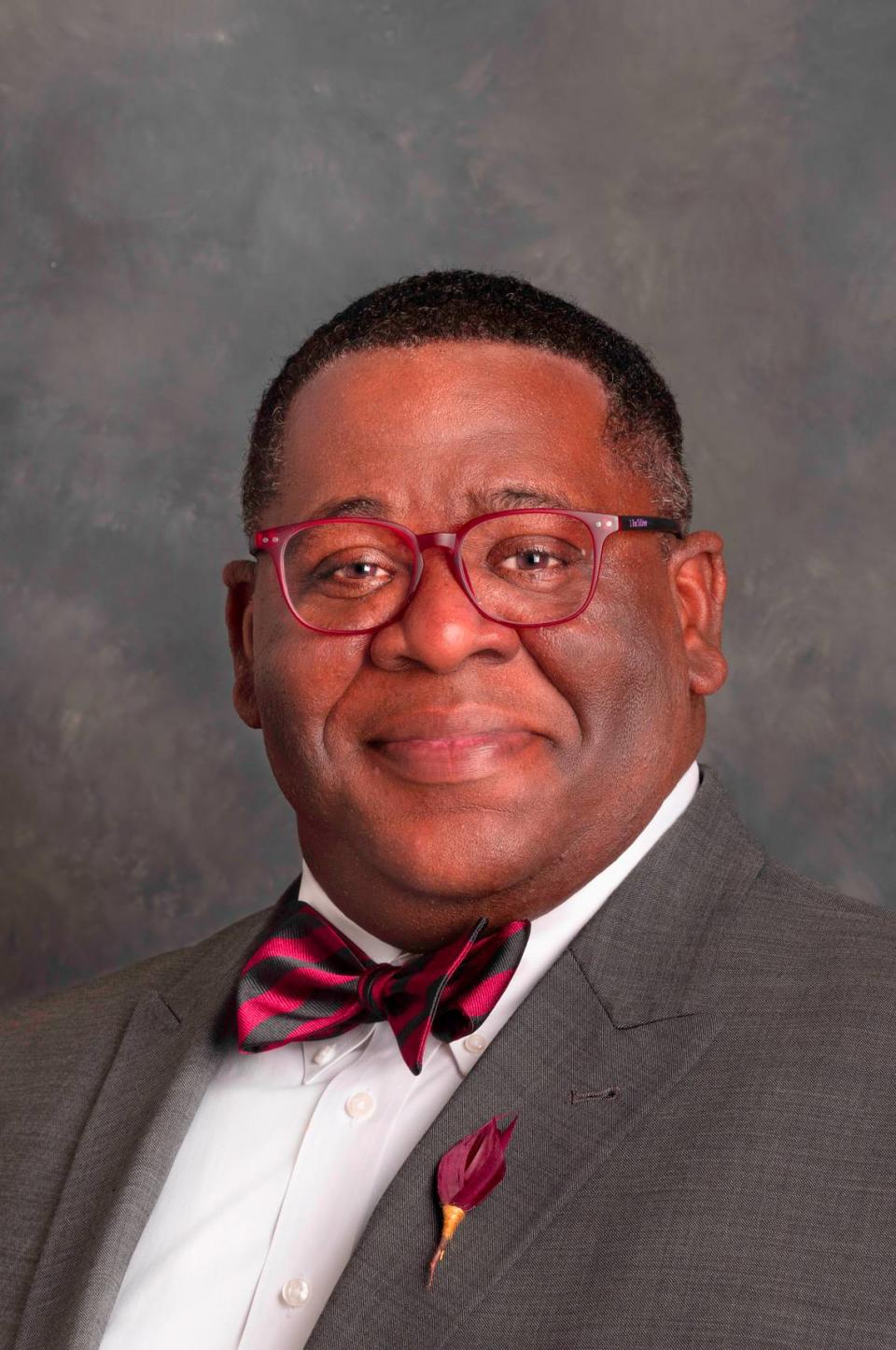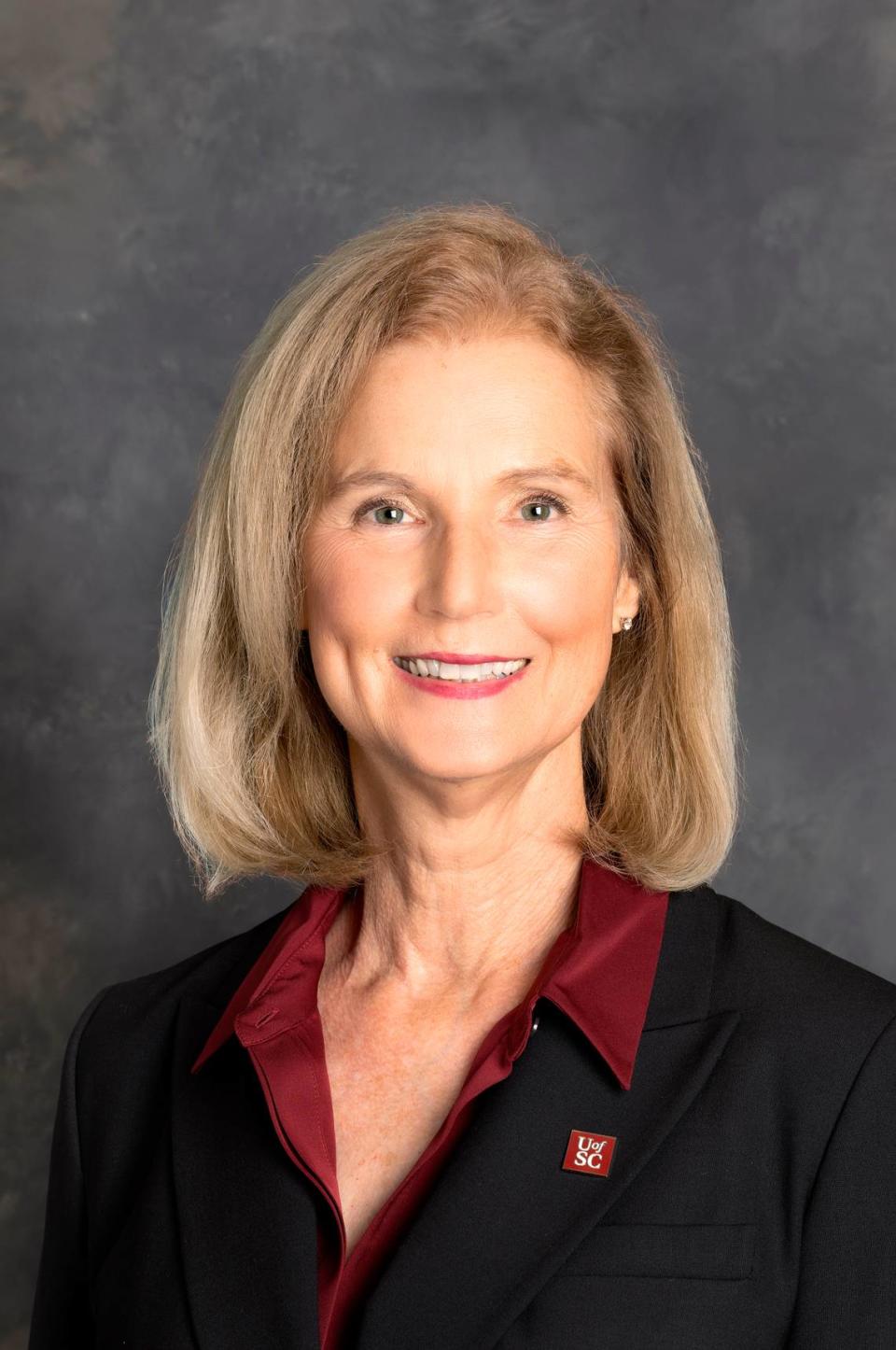USC officials: As trust in higher-ed wanes, USC is adapting to better serve students | Opinion
At the University of South Carolina, we’re in celebration mode.
Yes, we’re applauding our national champion women’s basketball team, but we’re also rooting for students at end-of-the-year events showcasing research projects and awards for academic and leadership excellence. On May 3 and 4 we’ll cheer for the roughly 5,800 students who will cross the commencement stage to become proud alumni.
But at the same time, Americans’ trust in higher education is on the decline. The lack of confidence is driven by rising tuition costs, political divides and a perceived gap between what universities offer and what students and their future employers expect.


We must do more to ensure that every student’s college experience is worthy of the investment required of students, their families and the public. That’s why we’re focused on innovating to meet the demands of today’s students and anticipate the needs of tomorrow’s. Our students’ expectations are changing, but so are we.
According to the Association of Public and Land-Grant Universities, college graduates are twice as likely to be employed as those with only a high school diploma, and they typically earn 84 percent more — about $1.2 million over their lifetimes.
First-generation students comprise 20% of USC’s undergraduate population. For these students, a college degree can be the key to better jobs, higher earnings and better lives for themselves and their families.
This fall, they’ll have access to a new First-Gen Center and faculty-led living-learning community situated in the heart of campus. These new resources will connect first-generation students with peers and offer support tailored to their needs. They’ll also provide opportunities for mentorship from faculty and staff, particularly those who were first-generation students themselves.
Completing an internship can be transformative for any student and make a significant difference in their starting salary after graduation. Among 2021-22 USC graduates, those who completed any internship earned $10,000 more than peers without internships. Over a 30-year career, this difference in starting salary could amount to an additional $500,000.
But accepting an internship also means students bearing the higher price of short-term housing and transportation coupled with the loss of immediate earnings from more lucrative part-time jobs. USC responded to the dilemma last summer by launching the South Carolina Internship Program with support from the S.C. General Assembly. The program provides $3,000 to students with in-state internships in high-demand industries, offsetting their expenses as they gain valuable experience at companies likely to offer competitive job opportunities after graduation.
More than 500 students have participated in the program, gaining work experience in-state in manufacturing, aerospace, automotive, energy, health and life sciences and financial services. With continued support from the legislature, the university expects to offer the incentive to 500 additional students this summer.
Internship experience isn’t the only factor contributing to students’ future success. Employers want to see proof of students’ skills in areas like communication, analyzing and interpreting data, and leading teams.
To help students prepare for their futures, USC now offers four interdisciplinary certificates: data analytics and visualization, digital studies, project leadership and management, and strategic thinking and communications.
More than 500 students have enrolled in the certificate programs, which combine courses from across academic departments. While this will benefit all students, this is as a way for students outside STEM and business programs to enhance their career opportunities.
These initiatives demonstrate USC’s commitment to responding to students’ needs and adapting to workforce realities to better serve our constituents. Though we’re tremendously proud of our past and our present, we are not satisfied. We are building our future — and it will be remarkable indeed.
J. Rex Tolliver is vice president for student affairs and academic support. Donna K. Arnett is executive vice president for academic affairs and provost.

